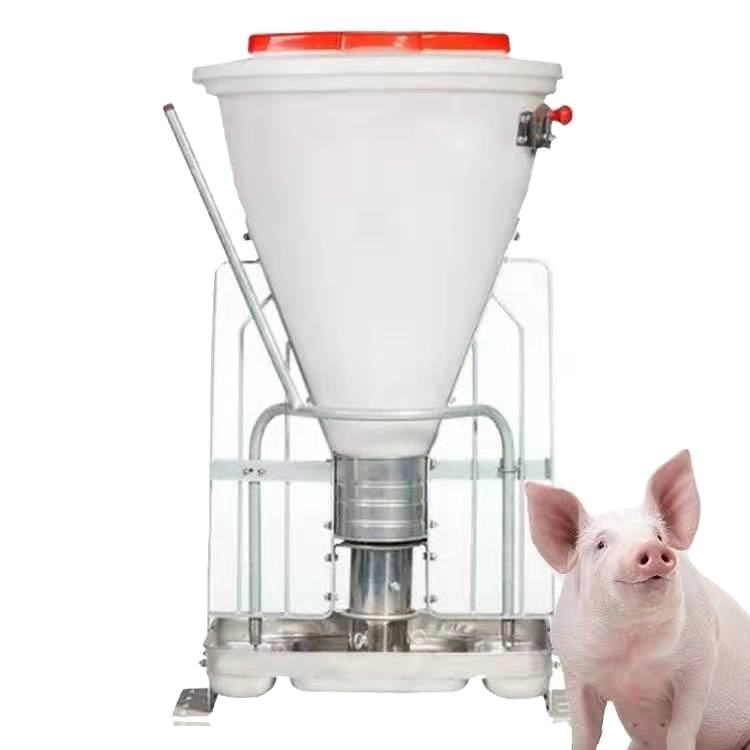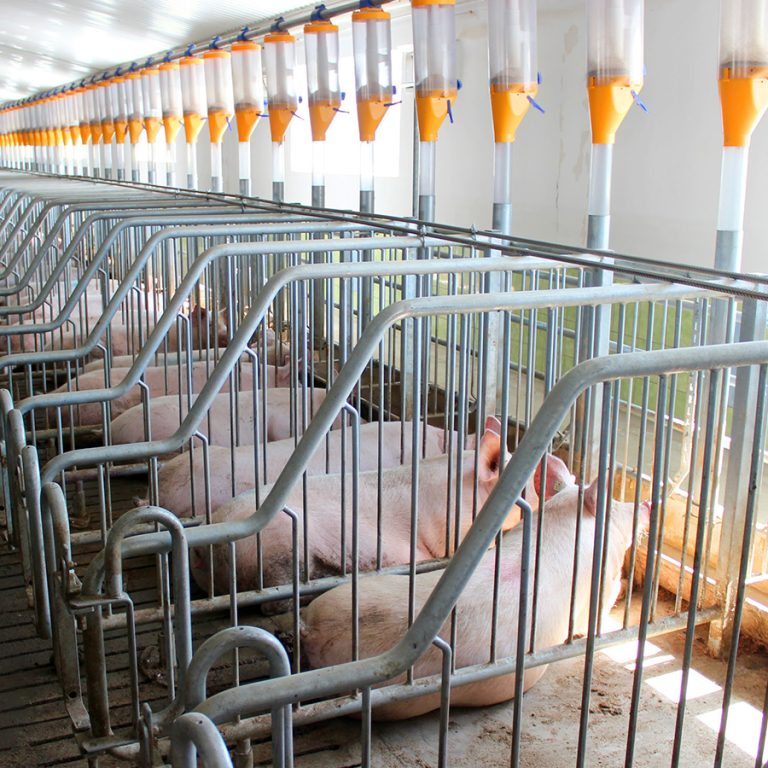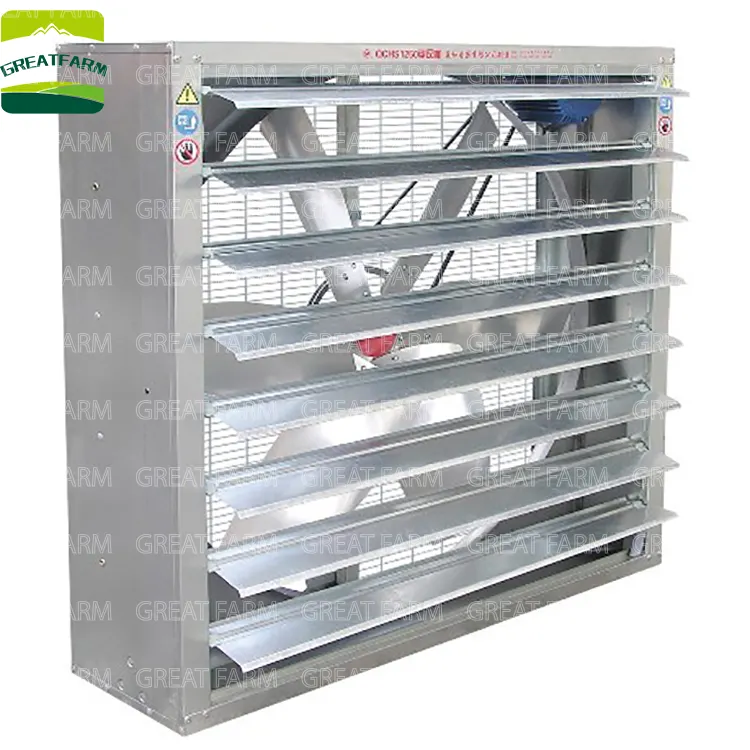Raising pigs is a complex and crucial task. Novice pig farmers need to grasp some important points to ensure the health, productivity, and economic benefits of their pigs. This article will introduce key considerations such as selecting an appropriate pig farming site, managing feed and water, implementing disinfection and hygiene practices, disease prevention, and more, aiding beginners in establishing a successful pig farming venture.
- Site Selection
Choosing a suitable site for pig farming is pivotal for the success of the business. Factors such as good ventilation, smooth drainage, distance from residential areas, proximity to water sources, and absence of pollutants should be considered. Additionally, selecting pig breeds that suit the local environment and market demands is crucial. - Feed and Water
The diet of pigs is a critical factor influencing their health, growth, and productivity. To ensure a balanced diet, sufficient protein, carbohydrates, vitamins, and minerals should be provided. Ensuring pigs have access to ample clean drinking water is equally essential. - Disinfection and Management
Regular disinfection and hygiene management are essential measures to safeguard pig health and productivity. Periodic disinfection of pigsties and regular removal of feces, urine, and other waste within the pig housing area should be carried out to prevent the proliferation of bacteria and viruses. - Prevention and Treatment of Pig Diseases
Diseases are among the primary factors affecting the health and productivity of pigs during the rearing process. Therefore, it is imperative to take preventive measures and promptly treat diseases. Novice pig farmers should be familiar with preventive methods for common diseases and schedule regular vaccinations. In case of disease outbreaks among the pigs, seeking veterinary assistance promptly is crucial, and blind medication should be avoided.



